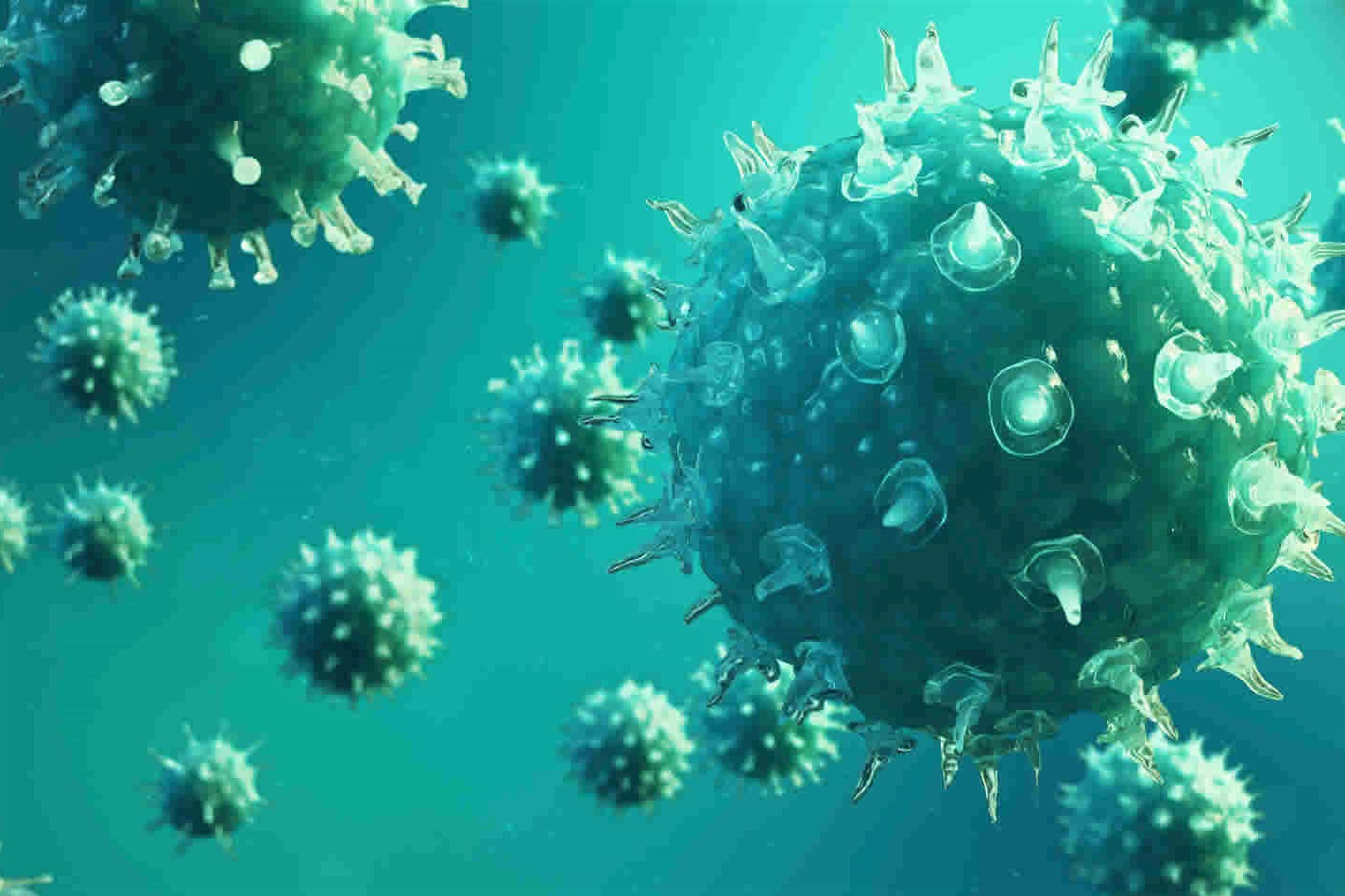
How are picornavirus infections contracted?
Picornavirus infections can be contracted through the fecal-oral route or through the air.
Symptoms and diseases associated with picornavirus infections
Sometimes picornavirus infections are asymptomatic, while in other cases they are associated with symptoms such as:
- aseptic meningitis
- encephalitis
- common cold
- hand-foot-mouth disease
- conjunctivitis
- herpangina
- myositis
- myocarditis
- hepatitis
- poliomyelitis
What are picornavirus infections?
Picornaviruses are viruses belonging to the Picornaviridae family.
They are RNA microbes without a lipid coating and are therefore resistant to ether, chloroform and alcohol.
Ionising radiation, phenol and formaldehyde, however, rapidly inactivate them.
The Picornaviridae family includes two genera: enteroviruses and rhinoviruses.
Their morphology is identical, but enteroviruses survive in a wider pH range, and after initial replication in the oropharynx they survive in the stomach, but their preferred site of replication is the intestine.
Rhinoviruses, on the other hand, survive well in the nasal cavities, but are destroyed by gastric acidity; their preferred site of replication is the nasal mucosa.
Enteroviruses include poliovirus, coxsackie and echovirus. Also belonging to the Picornaviridae family are the hepatitis A virus (HAV), several parechoviruses and genera of viruses that infect non-human vertebrates or arthropods.
Care and treatment of picornavirus infections
Treatment of picornavirus infections depends on the associated syndrome.
Unfortunately, specific antiviral treatments are not always available.
In cases of paralysis associated with poliomyelitis, mechanical ventilation, intubation or catheterisation may be required; other enterovirus infections are treated symptomatically, and in some cases immunoglobulin therapy may be useful.
There is no specific treatment for hepatitis A either.
Sufferers are usually given dietary recommendations, and in severe cases, hospitalisation or liver transplants may be required.
Rhinovirus infections, on the other hand, are treated symptomatically with antipyretics, nasal decongestants and cough suppressants, and should be addressed with rest and appropriate hydration.
Disclaimer
The information provided is a general guide and in no way replaces medical advice.
If you feel unwell, please contact your doctor or go to the emergency room.
Read Also:
Emergency Live Even More…Live: Download The New Free App Of Your Newspaper For IOS And Android
A. Resistant Bacteria: The Important Discovery Of Australia
Bacterial Infections, Herpetic Whitlow: What Is It And When Do I Need To See A Specialist?


